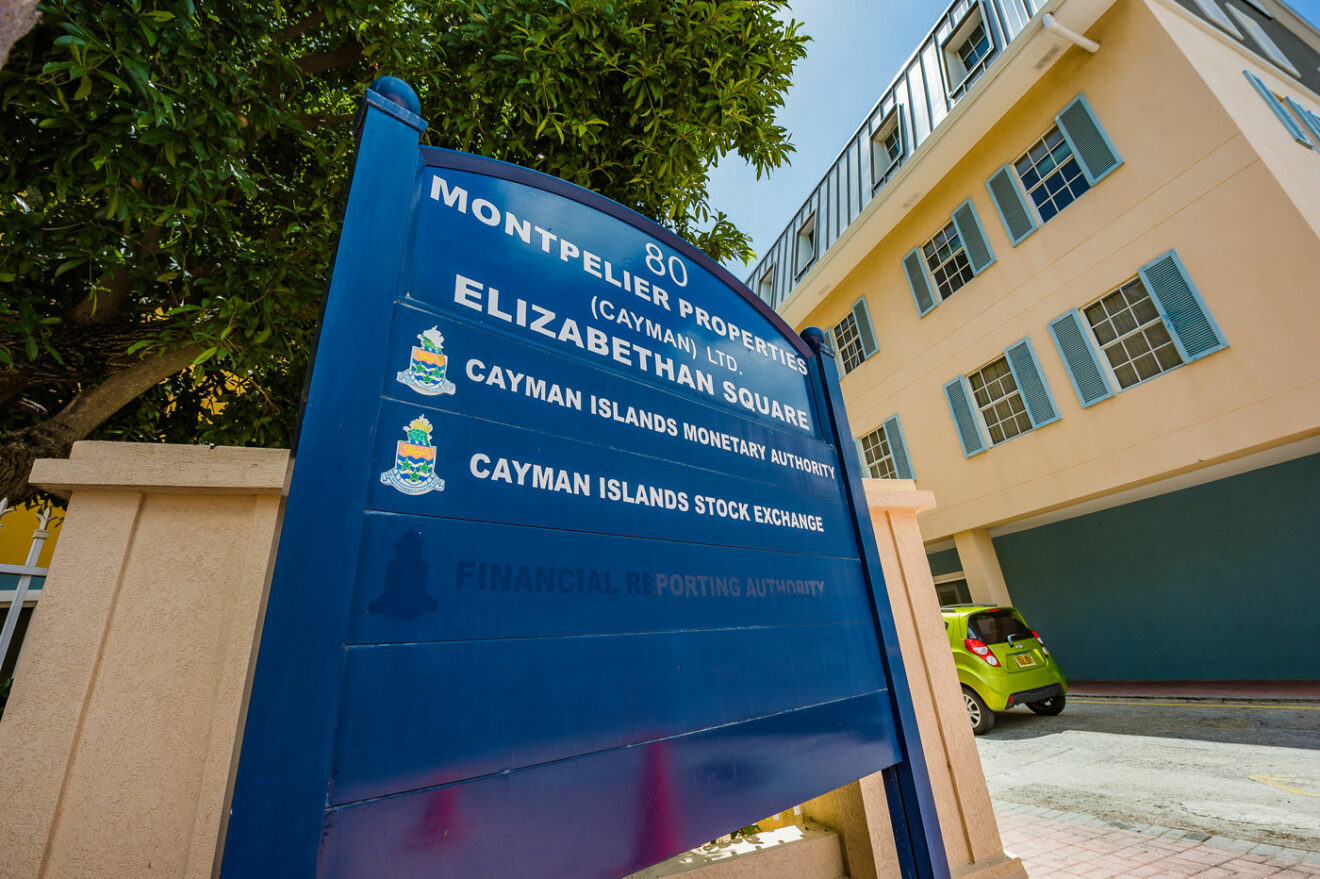Michael Klein
Since the establishment of the UK Register of Overseas Entities in August 2022, British media have reported with much fanfare how many properties in the UK are owned by overseas companies.
Property developer Stripe Property Group released the latest analysis in August, finding that 80,460 homes across England and Wales are registered to firms overseas. The developer said those properties had a value of £39.8 billion (US$50.75 billion).
While companies in the British Virgin Islands dominated the property holdings by value (£13.23 billion/$16.9 billion), Jersey led the overseas-owned property stock by volume (21,602).
The Cayman Islands, although not in the top seven of UK property-owning overseas jurisdictions, had shown the largest increase (4.8%) with 66 more properties than in August last year for a total of 1,441.

Taxes still apply
In much of the media coverage across the UK, property-owning overseas entities have been presented as “tax haven companies”, suggesting they are not subject to any property-related taxes.
Stripe Property Group made a similar claim that the properties were held by “overseas tax haven” firms that are not concerned with the UK’s tax laws.
In a press release, Stripe Property Group’s managing director James Forrester said, while such practices were legal, government should curb the ability for the activity to take place.
“In tough economic times such as these, they should at least make sure those who own property remotely pay their fair share to ensure they’re on an even playing field with domestic buyers, while also contributing to the tax coffers,” he said.
In reality, the UK has a wide range of tax laws that apply to income generated by UK properties, even if they are held by an overseas entity, as outlined by a UK government policy paper.
For instance, non-UK resident companies that purchase residential property in England and Northern Ireland over a certain amount are subject to a flat rate 15% Stamp Duty Land Tax (SDLT) charge.
Gains made by overseas companies on UK residential property held as an investment have been taxable since 2015, whereas gains on non-residential property held as an investment, or from rights or interests in companies that derive at least 75% of their value from UK property or land, have been taxable since 2019.
Disposals of UK land by non-UK resident companies are subject to UK corporation tax, if they are dealing in or developing land in the UK.
Moreover, the UK rental income of overseas companies has been subject to corporation tax in April 2020.
In addition, a non-UK incorporated company that is centrally managed and controlled in the UK, for example, by UK resident beneficial owners, will be considered UK tax resident.
The whole point of the Register of Overseas Entities is to increase transparency and tax compliance. As such overseas entities that own UK property or land are required to declare their beneficial owners or managing officers.
Overseas entities cannot buy, sell, transfer, lease, or raise a charge against land in the UK unless they have registered with Companies House.
In June 2023, UK Companies House announced that information on the 28,000 entities on the register had been searched more than 500,000 times, arguing this was a sign that the register is meeting the policy intent of increasing transparency about who owns UK property and land.
Overseas ownership of UK property is small
Stripe Group’s Forrester said, the British public “can be forgiven for feeling a tad aggrieved at the fact that there is a substantial level of homes owned by offshore companies located in tax havens”.
This just compounds the incorrect assumptions about the tax status of overseas property owners because the research does not even attempt to determine if the level of overseas-owned properties was in fact “substantial”.
Research by estate agents Savills suggests that in 2022 the entire UK property market consisted of just under 30 million properties with a value of GBP8.68 trillion ($8.5 trillion).
This means the overseas-owned properties counted by Stripe in England and Wales amount to 0.28% of all UK properties and 0.46% of their total value.
Of course, none of the purported analysis is about tax. Talk of tax havens is just intended to provide catnip for the media to transport the property developer’s real agenda: to get the UK government to finance more housing.


